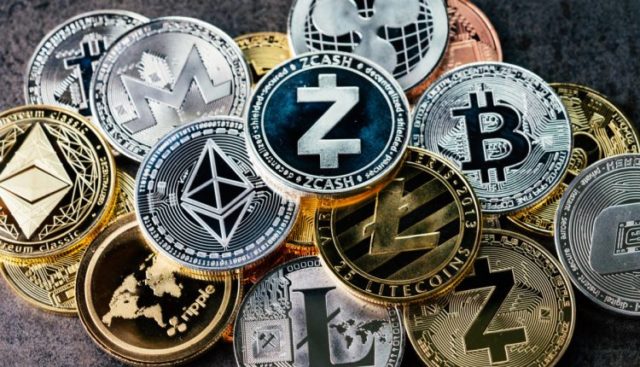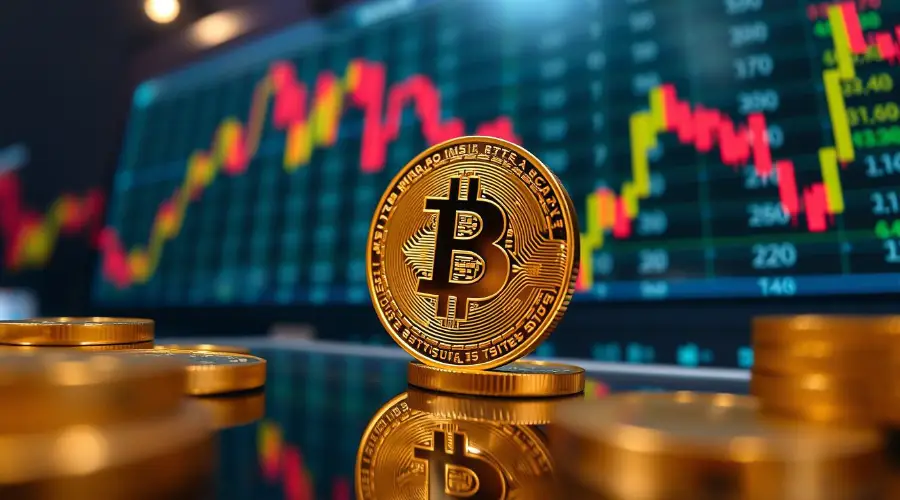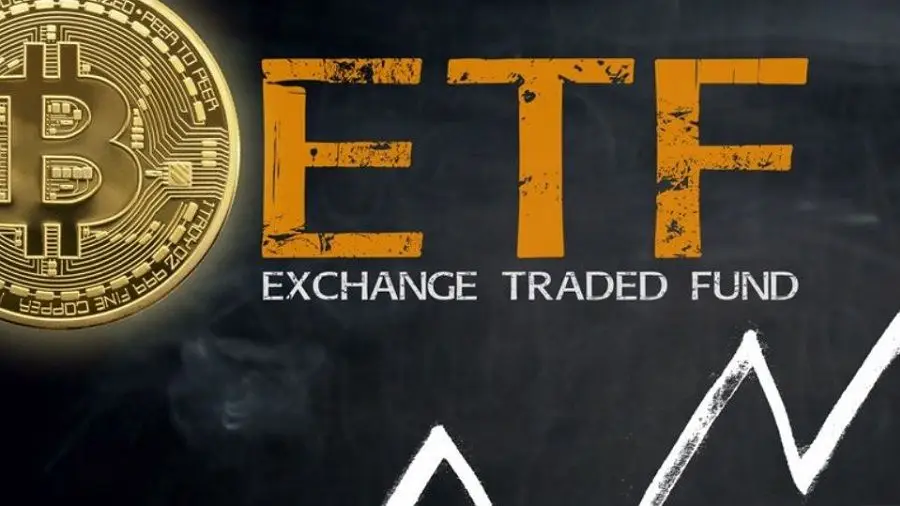The week begins with a barrel of oil quoted at R$ 619.03 on the international market. From the perspective of the consumer who fills up his vehicle at gas stations, the price of a liter of gasoline, on average, consumes R$ 6.60.
But according to the Brazilian Association of Fuel Importers (Abicom), Brazilians are paying less than they should. The price lag is 26% in relation to the values practiced in the international market.
For the economics professor at Fundação Getúlio Vargas (FGV), Alberto Ajzental, the distance is even greater.
“If the lag calculated by Abicom were passed on to the consumer, the price of a liter of gasoline would reach R$ 9.13. But, considering the last exchange rate, the difference reaches 38%. It is worth remembering that just last year, gasoline went up by 50%”, highlights the professor.
According to the IBGE, the price of fuel represents about 6% of the families’ budget. The impact of the increase in fuel prices also includes the shipping of various products across the country.
“Diesel corresponds to 50% of the freight value. If fuel goes up 30%, freight will go up 15%”, Ajzental tip.
The world scenario launches an even more critical forecast of rising prices, with the war in Eastern Europe. For 52 days, gasoline prices have not been readjusted by Petrobras.
Diego Malagueta, PhD in energy planning and professor at UFRJ, explains how conflict changes market behavior.
“With the attacks on Ukraine, there is uncertainty about whether energy resources will be available. As a result, some nations tend to mobilize to make oil reserves. Importing countries anticipate their purchases to increase inventories and exporters can reduce production output to keep for themselves. The direct result is a rise in prices and, consequently, in the dollar”, he explains.
The scenario is one of concern. In 2021, Brazil reached 10.06% of official inflation, measured by the IBGE. Gasoline corresponded to 30% of this total.
In addition to other derivatives, more than half of the inflation was driven by the energy market. Even with the end of conflicts in Eastern Europe, the normalization of prices, according to experts, will still take time.
“Oil is rising and there is no doubt about it. And it will hardly come back, even if it pacifies, it won’t happen anytime soon. With each readjustment delay, the lag increases. Considering that it (Petrobras) maintains its pricing policy, the lag increases and the probability of gasoline and diesel overpricing at the refinery increases, which is reflected in the gas stations”, explains the FGV professor.
Source: CNN Brasil
I am Sophia william, author of World Stock Market. I have a degree in journalism from the University of Missouri and I have worked as a reporter for several news websites. I have a passion for writing and informing people about the latest news and events happening in the world. I strive to be accurate and unbiased in my reporting, and I hope to provide readers with valuable information that they can use to make informed decisions.







